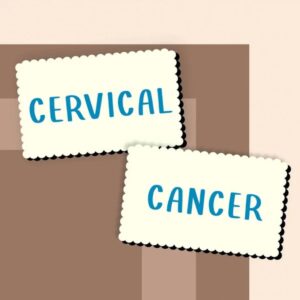Cervical cancer Myths is the fourth most common cancer in women worldwide. It is caused by a sexually transmitted infection called human papillomavirus (HPV). While cervical cancer is a severe disease, it is also one of the most preventable. Regular screening and vaccination can help protect women from developing cervical cancer.
Unfortunately, many myths and misconceptions about cervical cancer can prevent women from getting the screening and care they need. Here are some of the most common cervical cancer myths and the facts behind them:

Myth: Cervical cancer is only a disease of older women
Fact: Cervical cancer can affect women of any age, including young women.
Myth: Cervical cancer is always painful
Fact: Cervical cancer often does not cause any symptoms in the early stages. The disease may have already progressed to other bodily parts when symptoms manifest.
Myth: Cervical cancer is a death sentence.
Myth: Cervical cancer can only be prevented by abstinence.
Fact: While abstinence is the only way to completely prevent HPV infection, there are other ways to reduce your risk of getting HPV, including:
Using condoms every time you have sex
Having fewer sexual partners
Myth: Cervical cancer is not a severe disease.
Fact: If not detected and treated early, cervical cancer can become a severe and potentially fatal disease.
It is essential to be aware of the facts about cervical cancer so that you can take steps to protect yourself. If you are concerned about cervical cancer, talk to your doctor.
Here are some additional tips for protecting yourself from cervical cancer:
Talk to your doctor about your risk of cervical cancer.